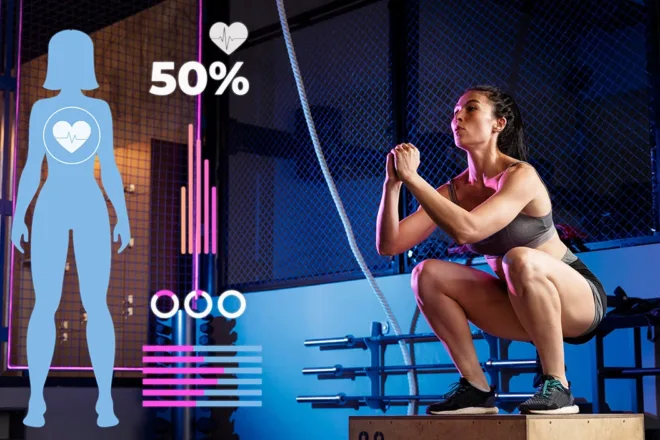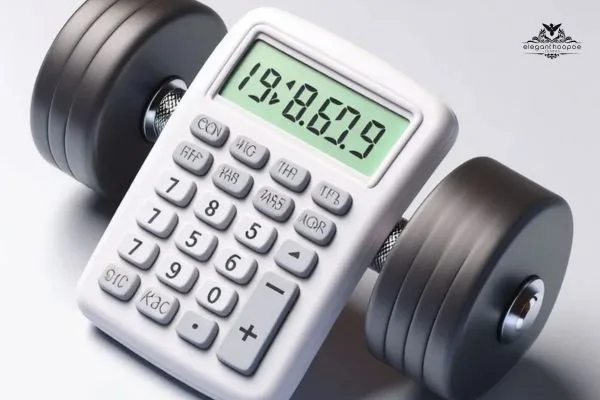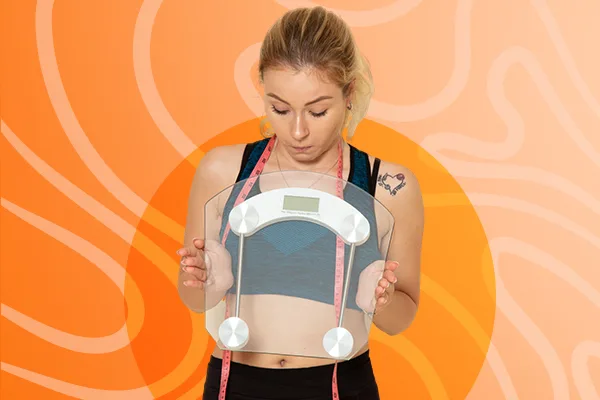BMI and Body Water Percentage — What’s the Connection and Why Does It Matter?
Wondering how BMI and Body Water Percentage fit together? Quick answer: the two metrics rise and fall in tandem because muscle, not fat, stores most of the body’s water. When you’re dehydrated, sodium builds up, weight fluctuates and BMI skews; when you hydrate, toxins flush out, appetite calms and metabolism lifts—helping you maintain a healthier BMI and a higher, cell-energizing water percentage. Key takeaways:
- Hydration steers weight: drinking water reduces bloating and controls hunger.
- Muscle vs. fat: lean mass (high water) improves both numbers.
- Performance boost: water powers joints, brain and temperature control.
Aim for 50-65 % body water (men) or 45-60 % (women), sip 8-10 cups daily, load up on water-rich foods, and rehydrate after workouts. Keep an eye on urine color and smart-scale readings to ensure your BMI and Body Water Percentage stay in the healthy, feel-good zone.
When it comes to maintaining a healthy lifestyle, most people focus on their weight, fitness routines, and dietary habits. While these are important, one often-overlooked aspect of health is hydration. Your body water percentage—the amount of water your body holds relative to your total weight—plays a crucial role in your overall well-being. Combined with a healthy Body Mass Index (BMI), proper hydration can significantly enhance your physical and mental performance. In this article, we’ll explore the connection between BMI and body water percentage and highlight how hydration supports your health.
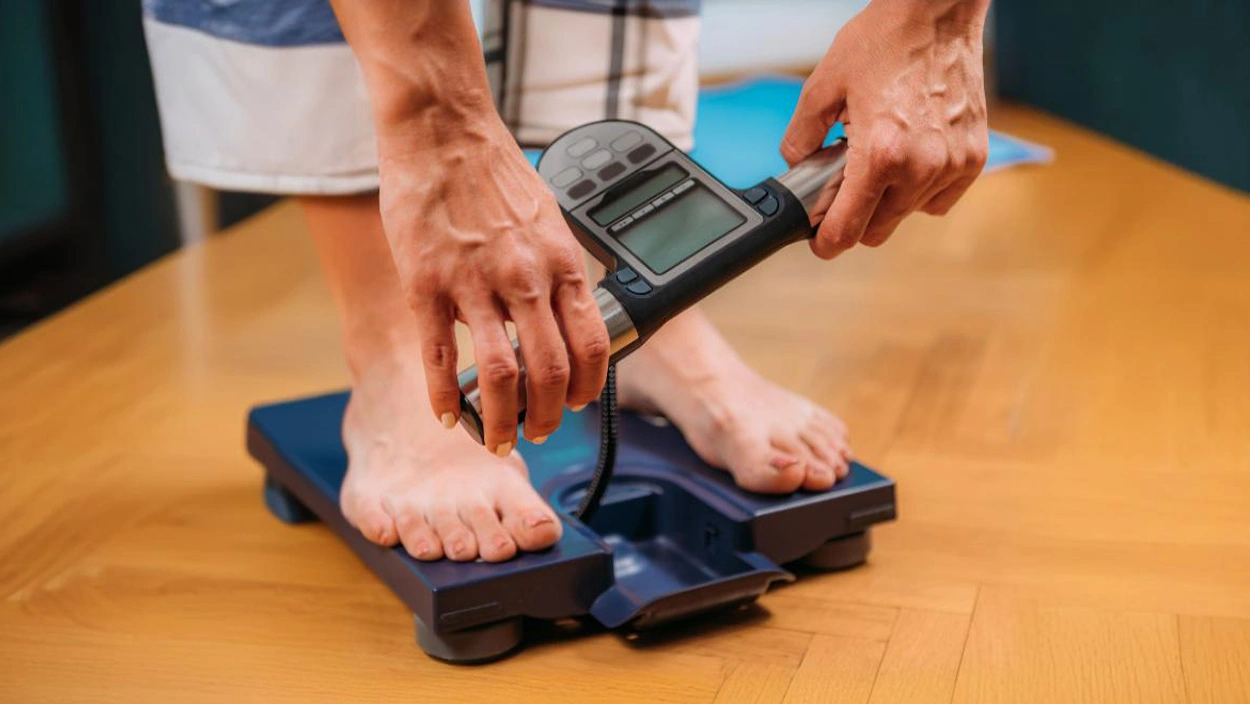
What Are BMI and Body Water Percentage?
Understanding BMI
BMI, or Body Mass Index, is a widely used measurement that assesses whether a person’s weight is appropriate for their height. It’s calculated using the formula:
BMI = weight (kg) / height (m)^2
The resulting number categorizes individuals into groups such as underweight, normal weight, overweight, or obese. While BMI is a helpful tool for identifying potential health risks, it doesn’t take factors like muscle mass, bone density, or hydration into account, making it an incomplete measure of overall health.
Weight
Height
Age

What Is Body Water Percentage?
Body water percentage refers to the proportion of your total body weight made up of water. Water is essential for nearly every bodily function, including temperature regulation, nutrient transportation, and waste elimination. On average:
- Men typically have 50–65% body water.
- Women tend to have 45–60% body water.
- Athletes may have higher percentages due to increased muscle mass, which holds more water than fat.
A healthy body water percentage ensures your organs function optimally, improves energy levels, and supports overall health.

The Connection Between BMI and Body Water Percentage
While BMI and body water percentage are separate measurements, they are closely tied to each other. Here’s how:
1. Hydration Levels Affect Weight
Dehydration can lead to water retention, which may temporarily increase your weight. Conversely, drinking enough water helps your body flush out toxins and excess sodium, reducing bloating and stabilizing your weight.
2. Body Composition Matters
People with a higher BMI often have more fat tissue, which holds less water than muscle. This can lower their body water percentage. On the other hand, individuals with a normal BMI and higher muscle mass typically have a higher body water percentage.
3. Hydration Supports Weight Management
Staying hydrated can help regulate your appetite, as thirst is often mistaken for hunger. Proper hydration also boosts metabolism, aiding in better weight management and supporting a healthy BMI.
4. Muscle vs. Fat
Since muscle retains more water than fat, individuals with higher muscle mass (and a healthy BMI) are likely to have a higher body water percentage. This is why athletes or people who engage in regular strength training are often better hydrated at a cellular level.
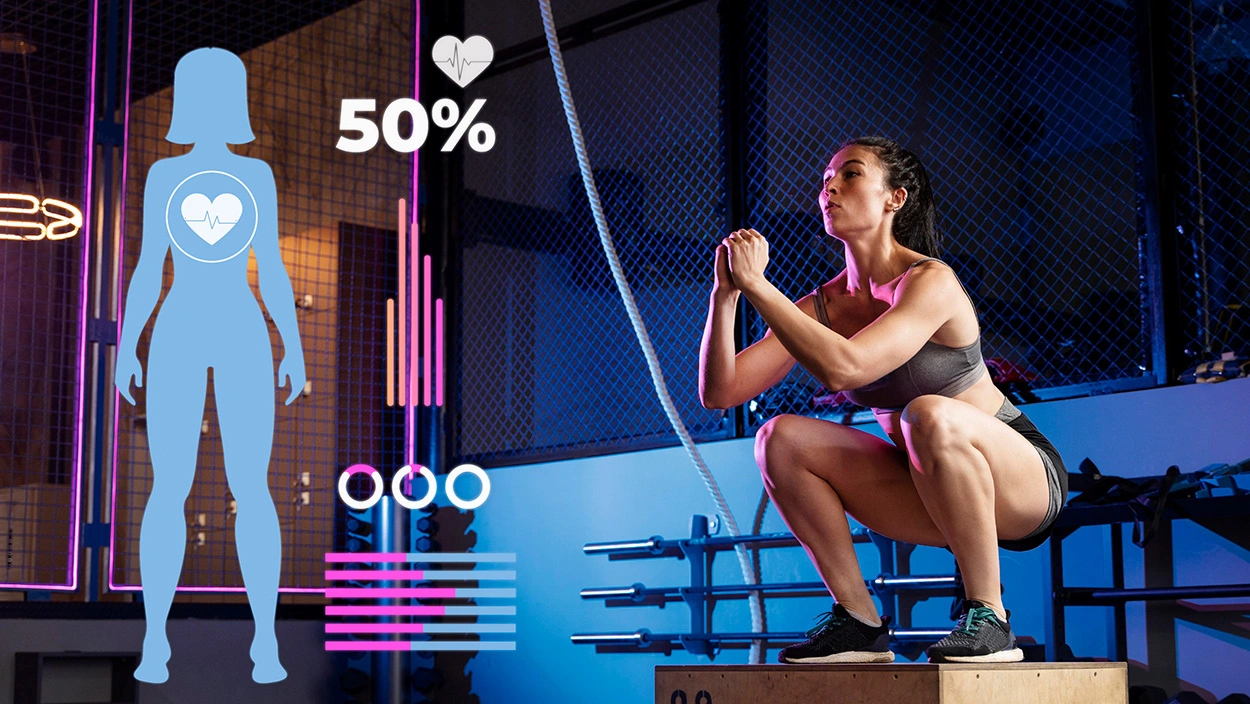
Why Hydration Is Key to Your Health
Proper hydration is essential for maintaining a healthy body and mind. Here are some of the ways hydration impacts your health:
1. Boosts Physical Performance
Water is critical for maintaining energy levels and preventing fatigue. Whether you’re hitting the gym or going about your daily activities, staying hydrated ensures your muscles and joints perform optimally.
2. Improves Cognitive Function
Even mild dehydration can impair focus, memory, and decision-making. Drinking enough water keeps your brain functioning at its best, improving your overall productivity.
3. Regulates Body Temperature
Water helps your body maintain a stable internal temperature by facilitating sweating and heat loss, especially during exercise or hot weather.
4. Supports Digestive Health
Staying hydrated aids in digestion and prevents constipation. Water also helps your kidneys flush out toxins, keeping your organs healthy.
5. Enhances Weight Loss Efforts
Drinking water before meals can reduce calorie intake by promoting a feeling of fullness. Additionally, water is calorie-free, making it a great alternative to sugary drinks.
6. Prevents Dehydration-Related Issues
Chronic dehydration can lead to headaches, kidney stones, and even more severe conditions like heatstroke. Maintaining a healthy body water percentage reduces these risks.
How to Calculate Your Body Water Percentage
To track your hydration levels, you can use a body water percentage calculator or a smart scale that measures body composition. These tools estimate your body water percentage based on factors like weight, age, gender, and fitness level.
Here’s a rough guide to healthy body water percentages:
- Adult men: 50–65%
- Adult women: 45–60%
- Athletes: 60–70%
If your body water percentage falls below these ranges, it’s a sign that you need to increase your water intake.
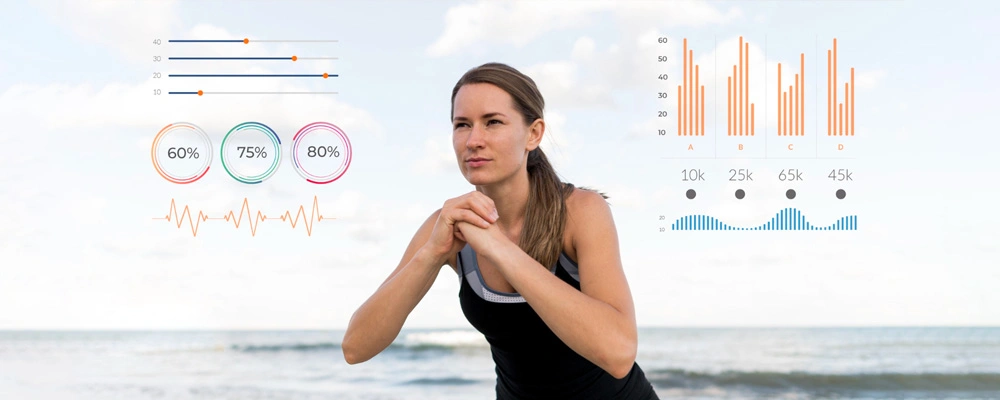
Tips for Staying Hydrated
Maintaining proper hydration doesn’t have to be complicated. Follow these simple tips to ensure your body water percentage stays within a healthy range:
1. Drink Water Regularly
Aim for at least 8–10 cups of water per day. Your needs may vary depending on your activity level, climate, and body size.
2. Eat Water-Rich Foods
Fruits like watermelon, oranges, and cucumbers are excellent sources of hydration. Incorporate these into your meals and snacks.
3. Monitor Your Urine Color
Light yellow urine is a good indicator of proper hydration. Darker urine may signal dehydration.
4. Set Reminders
Use a water bottle with time markers or set alarms to remind yourself to drink water throughout the day.
5. Rehydrate After Exercise
Drink water or electrolyte-rich beverages after workouts to replace fluids lost through sweat.
6. Limit Dehydrating Beverages
Reduce your intake of caffeine and alcohol, as these can lead to dehydration.
Conclusion: Hydration and BMI Go Hand in Hand
While achieving a healthy BMI is often a primary goal for many, it’s equally important to pay attention to your body water percentage. Proper hydration not only complements weight management efforts but also supports vital bodily functions, enhances physical and mental performance, and improves overall health.
Using tools like a body water percentage calculator and sticking to simple hydration habits can make a big difference in your health journey. By maintaining a healthy BMI and staying hydrated, you’ll be better equipped to lead a vibrant, energetic, and well-balanced life.
So, grab a glass of water and take a step toward better hydration health today!
References


